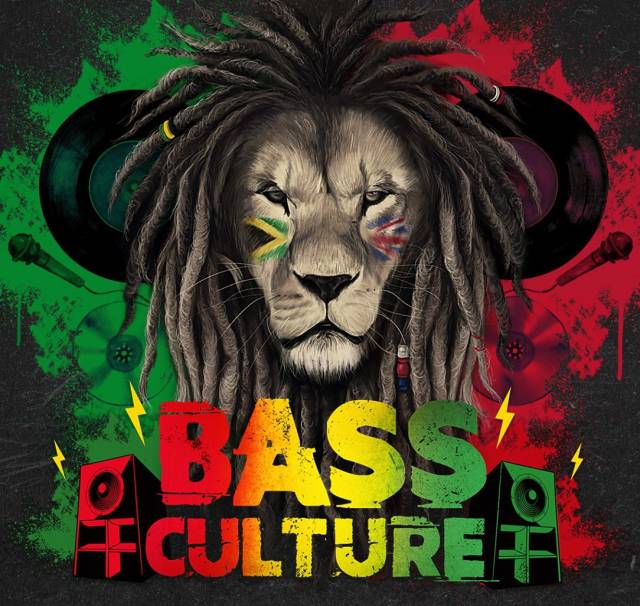Key facts
A multipart project aimed at recognising the contribution of Jamaican music to British culture.
The output comprises:
Exhibition
Bass Culture 70/50 (2018), multimedia exhibition, October 25 – November 23, 2018
Film
Bass Culture (2018) documentary film (59 mins), premiered November 22, 2018
Book chapter
‘Bass Culture, An Alternative Soundtrack to Britishness’, in Stratton, J, and Zuberi, N (eds), Black Popular Music in Britain Since 1945, Ashgate, 2014, pp 100–114.
Website/online resource
Launched September 9, 2017: basscultureduk.com
Roles
AHRC principal investigator; curator (Bass Culture70/50 exhibition); co-producer and project facilitator (Bass Culture, the film); author (book chapter); lead developer and lead interviewer (Bass Culture website and online resource)
Venues
Bass Culture70/50 exhibition, Ambika P3, London, October 25 – November 23, 2018
Bass Culture, a documentary film, premiered at Ambika P3, November 22, 2018, as part of Bass Culture 70/50 followed by a public screening at Regent Street Cinema, London
Other screenings with Q&A include:
University of London Institute in Paris, October 2019
Solent University, Southampton, June 12, 2019
Regent Street Cinema, London, March 2019
Brighton Film Festival, CineCity, Sussex University, November 2018
Funding
AHRC research grant: Bass Culture AH/N001826/1– £533,032
| Creators | Riley, M. |
|---|---|
| Description | As P-I for the AHRC project Bass Culture (£533,032), Riley’s research involves locating, capturing and preserving memories, experiences and ephemera from three generations of musicians, music industry participants and audience members. The associated communities and networks have played a key role in transforming Britain into a multicultural society, yet their contributions have previously remained absent from the country’s cultural institutions. The output components draw on original interviews, new and archival imagery to inform both a large- scale multimedia, interdisciplinary exhibition at Ambika P3 (Bass Culture 70/50, 2018), and a collaboratively produced documentary film (Bass Culture, 2018). Included are a wide range of oral testimonies and previously unseen images (representing over 50 years of London-based content) that explore and make manifest reference points connecting the influence of British sound-system culture to modern and contemporary music, fashion and cultural forms today. Riley’s book chapter (2014) draws on his experiences as a black British musician of Jamaican heritage to contextualise the origins and emergence of black British music in the 1970s and 1980s against the socio-political backdrop of the era. Riley devised a methodology for working together with wide-ranging collaborators to break down and classify areas of interest, without disenfranchising the participants or co-researchers. In creating the online resource, the project’s researchers were able to apply key categories that helped guide navigation of the complex layers of material, cultural and economic activity underpinning key values that were shared within the community, while mapping the contribution for academia. The Bass Culture project successfully united academics, museums and the African Caribbean community in a series of projects that helped make visible the Jamaican contribution to British popular music and culture and lay the basis for popular music teaching that more accurately reflects that influence. |
| Portfolio items | Bass Culture film |
| Bass Culture 70/50 | |
| Basscultureduk.com | |
| Bass Culture: an alternative sound track to Britishness | |
| Ticket Master State of Play Grime Report | |
| Jazz Jamaica All Stars: The Trojan Story - Live Event | |
| Year | 2014 |
| Publisher | University of Westminster |
| Keywords | CREAM Portfolio |
| Digital Object Identifier (DOI) | https://doi.org/10.34737/qqvqz |
